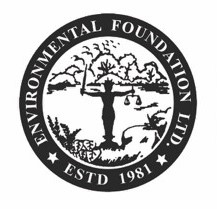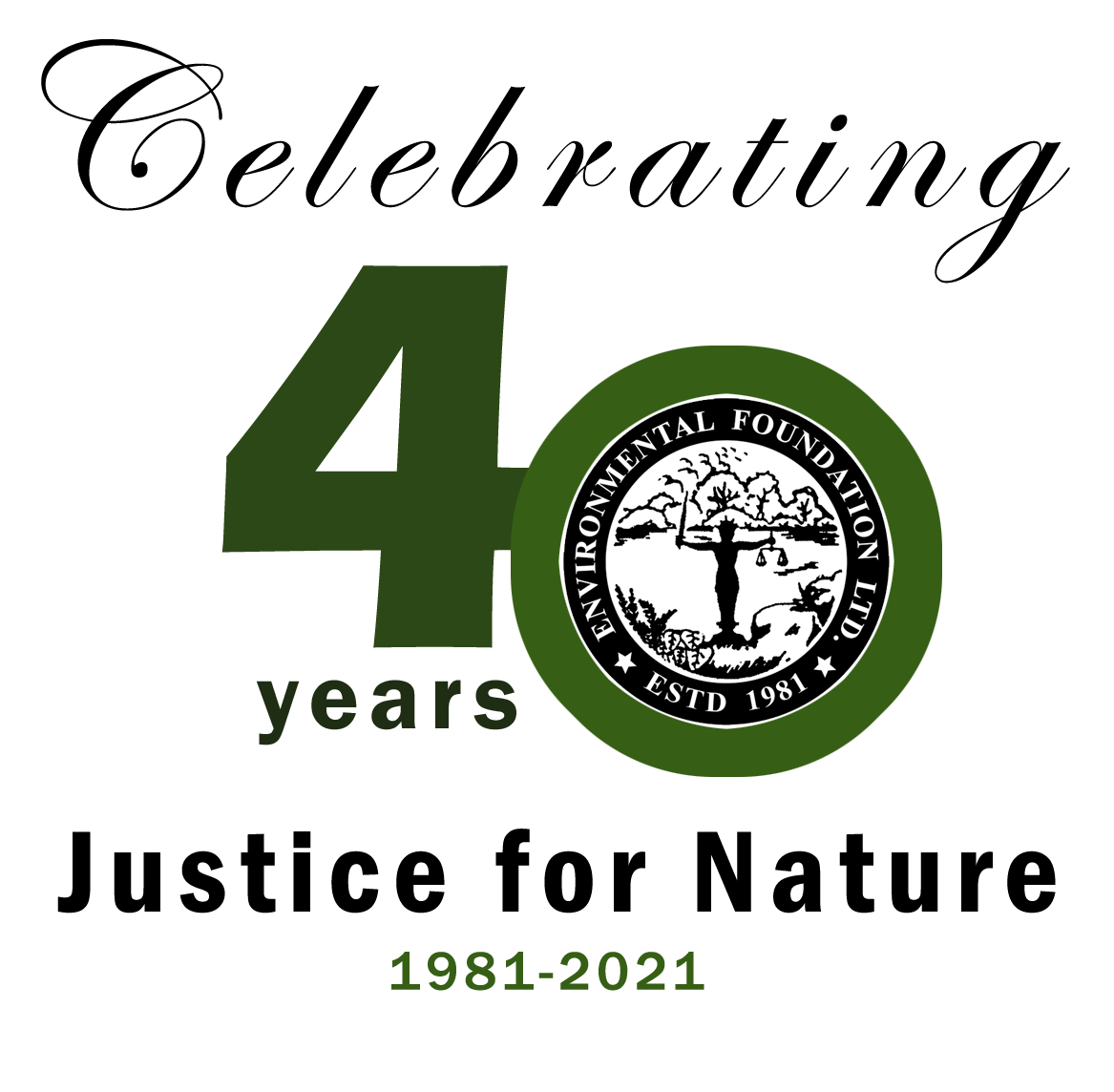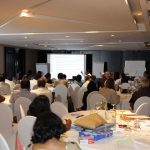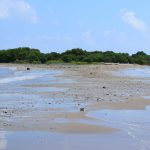Category:Legal, Legal Awareness
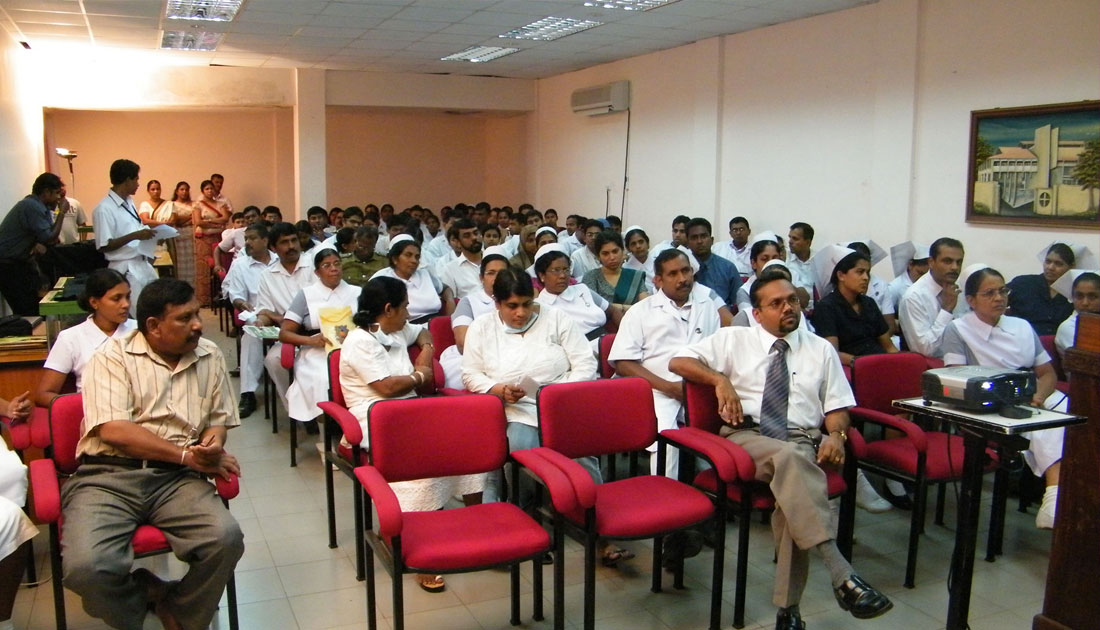
Sri Lanka and Maldives
The infusion of large amounts of resources to ensure recovery and reconstruction after a disaster, however well intentioned, can generate greater environmental degradation and increase community vulnerability to future disasters, if not designed and implemented to account for local environmental conditions. Therefore, there is a need for technical expertise to evaluate the environmental impact of disasters, while recovery and reconstruction requires advice on ways to mitigate potential negative effects on the environment. It is vital that technical expertise should also be shared with other humanitarian and environmental organizations to effectively address the challenges. As the key role of the Green Recovery Program, environmental advisory services were provided by WWF, IUCN and EFL to American Red Cross and its partners, on an ongoing basis since the inception of the program.
Project name
Green Recovery Program – Advisory Services and Training
Project status
Concluded
Location
Sri Lanka and Maldives
Assessing the Environmental Impacts of Recovery and Reconstruction Projects
At the start of the program in Sri Lanka, many of the reconstruction and recovery related project proposals were reviewed by WWF and IUCN. The Proposal Reviews highlighted areas of concern, suggested improvements or provided advice on mitigating possible impacts. In some cases, projects were altered due to environmental concerns. During the project implementation stages, Environmental Stewardship Reviews (ESR) were conducted for selected environmentally sensitive projects to provide ongoing advice in incorporating environmental concerns.
When the reviewed projects approached completion, Report Card (RC) assessments were carried out by WWF and EFL to evaluate the impacts of the projects on various environmental parameters and each project was given an overall rating for its performance.
Advisory services were also provided between the initial reviewing and the final evaluation to mitigate impacts, at the request of American Red Cross and its partners. In the Maldives, impact assessments were carried out through Proposal Reviews and Environmental Stewardship Reviews of water sanitation and housing construction projects implemented by American Red Cross and its partners in Dhuvafaaru, Ungafaaru, Kudahoovadhu, Guraidhoo and Maafushi islands.
Environmental Advisory Services
In Sri Lanka, environmental advice was provided to the water and sanitation, and disaster preparedness programs of American Red Cross on a range of issues, including solid waste management, appropriate technologies for wastewater treatment, drainage, landslides, and human wildlife conflicts with elephants, monkeys, snakes and crocodiles. Environmental advice was also provided to its partners working in the livelihood and housing construction sectors, with relation to mitigating environmental impacts in their projects.
Training and Awareness
Training was a vital component of the partnership, where programs were carried out for a range of stakeholders that included American Red Cross, its partners, SLRCS, government organizations, NGOs, schools and preschools. Topics covered in training programs included environmental stewardship in recovery and reconstruction, environmentally beneficial wastewater treatment methodologies, solid waste management, general environmental issues and increasing resilience against disasters.
In the Maldives, the partnership supported the training of staff, volunteers and communities on several islands, in relation to solid waste management with the assistance of local environmental partners.
